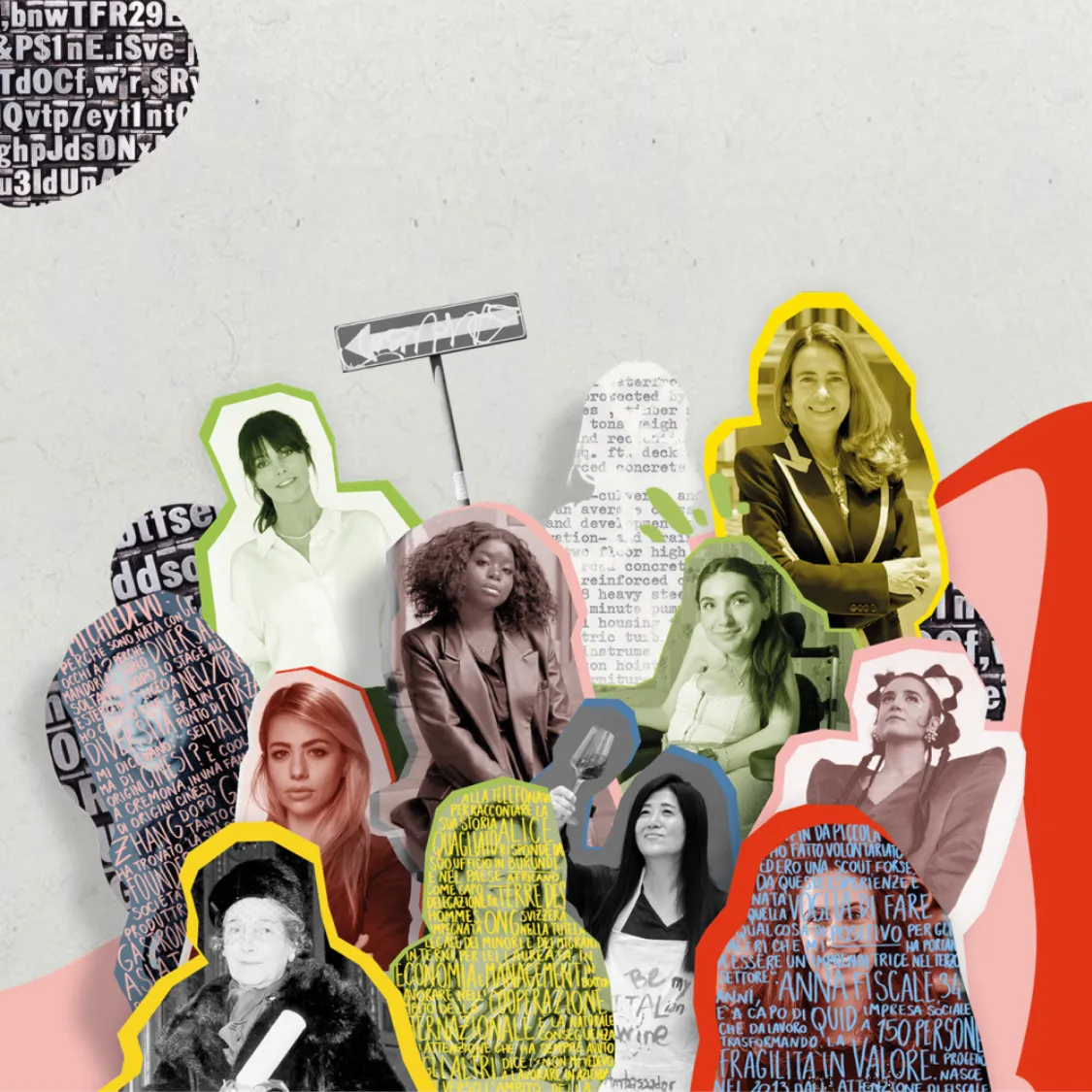
Women's empowerment is built through networking
“I want to help design a world where women of all ages have freedom of choice: from work to family.” With disarming simplicity and enthusiasm Kristin Engvig talks about the journey that led her to become founder and CEO of WIN, Women’s International Networking, the Lausanne-based organization that promotes women’s leadership worldwide.
Born in Norway, Engvig says she always dreamed of studying Italian, and during university in Oslo, she heard about Bocconi for the first time. So she decided to go there for a Master’s degree. She chose the MBA course in International Economics and Management, learned Italian, and started working in marketing at two different banks. She says: “There I saw for the first time the difference between the content and the context of a job. At the level of skills, I was perfectly capable of doing the required work, but at the level of context I did not recognize myself in the values: there were no ethics. It was compulsory to stay late at the office. You had to show up and you had no free time.”
That’s when she started to realize that something in contemporary society and the labor market was malfunctioning, but first she thought it was the age factor that affected her more than gender. In the meantime, she was working to build a women’s network in Milan. Then in 1996, she traveled to Eastern Europe, teaching Marketing with Bocconi as part of the European Union’s PHARE program. Here she added another layer to the reflection we mentioned above. “I realized while working around the world that not everyone has choice, especially not all women. I experienced how many women wanted to get out of there, ‘targeting’ my Bocconi colleagues, so to speak, with the dream of marrying an Italian and running away.
“It was perhaps their way of escaping from a reality with no prospects. I remember that as a pivotal moment, when it dawned on me, my own privilege of having a choice. It really struck a chord with me, seeing that not everyone had that, and wishing I could do something about it. The experience shook me deeply – the knowledge that many women spend their lives in what are sometimes invisible cultural cages. This is where I felt the desire to find other options. How? By building networks and relationships, multiple sisterhoods, with women from around the world, to learn about the different situations they were living in.”
In 1997 came the idea, and the following year, the first WIN conference. By definition: an international women’s leadership initiative that inspires and facilitates global, organizational and individual transformation towards a balanced, feminine paradigm. The rest is history. Engvig traveled and exported her idea, first to Japan then to India and Nigeria, Kenya, Cameroon, and the UAE; then she went to the United States to speak of her vision. She tells women that barriers can be overcome, not just by breaking glass ceilings but more like finding new paths, and redefining what it means to be a woman leader.
“What I love about my work is the opportunity to organize great opportunities to share ideas. Of course, we talk about business at our events, but above all we talk about a new way of designing it, standing in our natural power, finding alternatives to the patriarchy that makes both women and men suffer. Every year I realize that I can learn from everyone, the 20- and 30-year-olds up to the 80-year-olds, who attend our meetings.”
A great life lesson came from motherhood. “I always say that my son saved me. First of all because he forced me to slow down my work pace and this pushed me to delegate and structure WIN better, also by seeking sponsors. And then he made me open my eyes to my relationship with my partner.” Engvig talks about an abusive relationship that she managed to break free from, thanks to her love for her son. “That intensely negative experience helps me better understand women of today and their fragilities – even those of so many great men. Having a job where I can contribute to making a better world also helps. It’s about collaborating, not competing.”
To younger women she says: “Don’t be afraid to fail, and surround yourself with people who are beautiful in spirit.”
